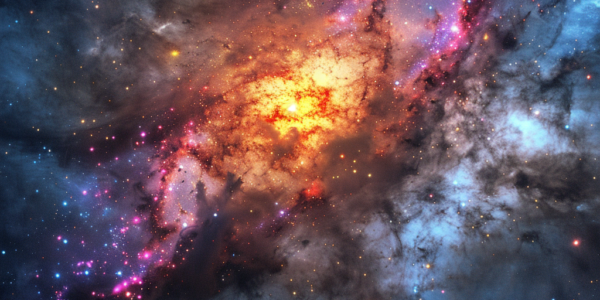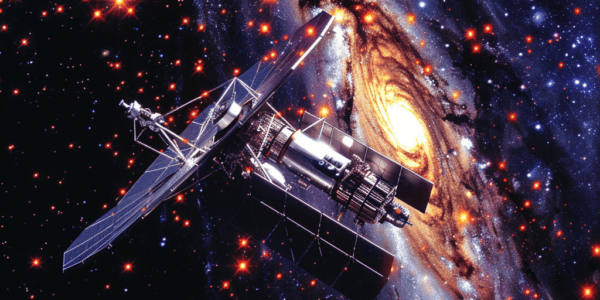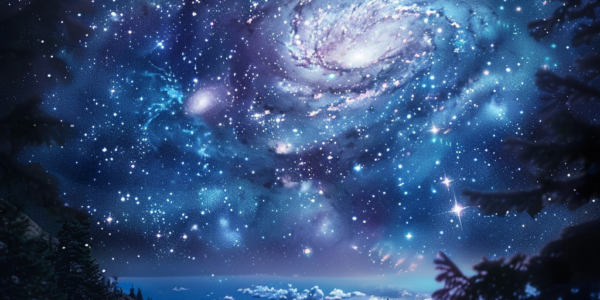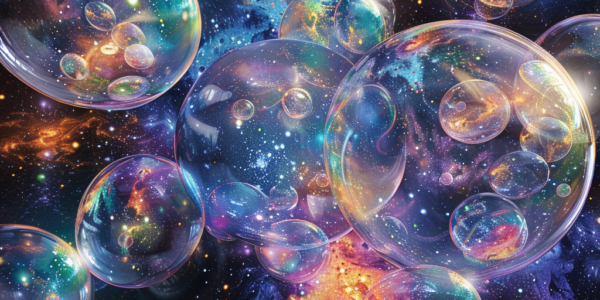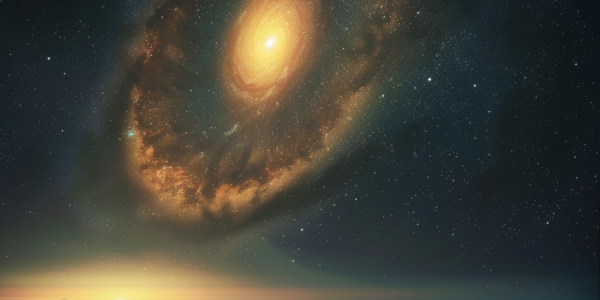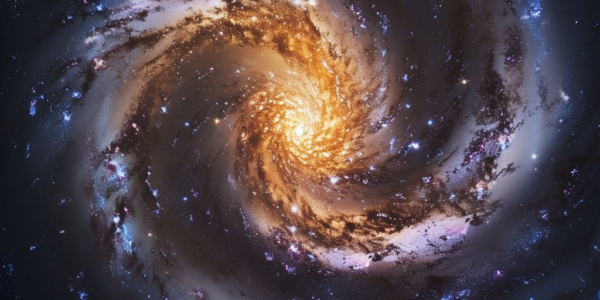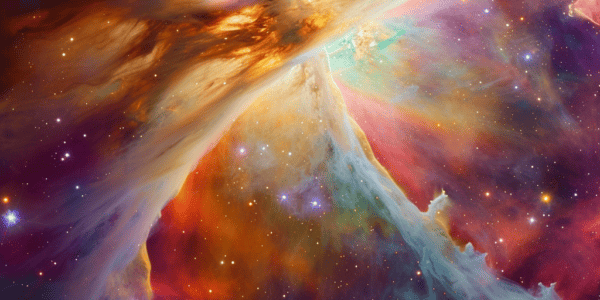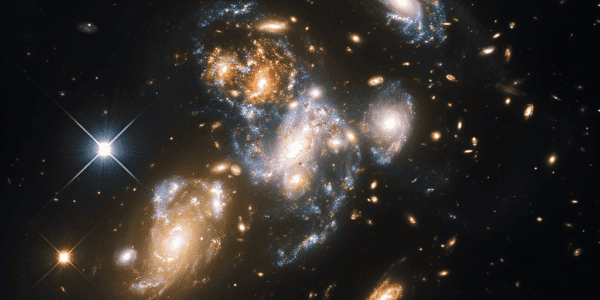James Webb Space Telescope Discovers Little Red Dots in Early Universe
The James Webb Space Telescope (JWST) has made significant discoveries in its first year, including capturing sharp views of celestial structures and obtaining transmission spectra from exoplanet atmospheres. Unexpected little red dots observed in a specific region of the night sky are believed to be galactic nuclei containing precursors of Supermassive Black Holes (SMBHs) that existed during the early Universe. This discovery could revolutionize our understanding of the formation of the first SMBHs in the Universe.
Universe’s Expansion Speed Appears to Vary, Confounding Scientists
Scientists using the James Webb and Hubble space telescopes have confirmed a troubling conundrum in physics – the universe appears to be expanding at different speeds depending on where we look. This problem, known as the Hubble Tension, has the potential to alter or even upend cosmology altogether. The study, published February 6 in the Astrophysical Journal Letters, suggests that there may be something seriously wrong with our understanding of the universe. Lead study author Adam Riess, professor of physics and astronomy at Johns Hopkins University, stated, ‘With measurement errors negated, what remains is the real and exciting possibility we have misunderstood the universe.’
Is the Universe Destined to Repeat its Beginning?
Is the end of our Universe destined to mirror its beginning? Sara Wright poses this thought-provoking question, wondering if the current state of the Universe, dominated by dark energy, could lead to a new cosmic event akin to the Big Bang. The concept of cyclic repetition raises the intriguing possibility of the cosmos following a similar pattern, prompting speculation about the potential connection of dark energy to the initial inflationary state. Could the current presence of dark energy signify that the Universe is in a false vacuum state, and if so, what implications does this hold for the future? Cosmic inflation theory suggests that from a pre-existing state, a series of independent universes could be spawned as inflation persists, each existing in isolation from the others. As we ponder the fate of our Universe, the parallels between its birth and a potential future rebirth offer a captivating avenue for exploration.
Why We Might Live in a Multiverse
Explore the scientific theories behind the possibility of a multiverse, including quantum mechanics and cosmology. Discover the cultural and scientific ideas of the multiverse, and the potential implications for human life and the nature of science.
CERN designing supercollider to push boundaries of modern physics
CERN is designing a new supercollider called the Future Circular Collider (FCC) to push the boundaries of modern physics research and perhaps discover the true nature of our mostly invisible universe. The new collider, expected to be operational by 2045, will be 8 times more powerful than the LHC and could help solve mysteries about the nature of our universe, such as the true nature of dark matter and the first instant after the Big Bang.
Astronomers Discover Brightest and Most Voracious Black Hole Ever Detected
The discovery of the brightest and most voracious black hole ever detected, known as J0529-4351, has left astronomers in awe. This remarkable finding was confirmed through observations by the Very Large Telescope in Chile. Scientists revealed that the black hole devours the mass equivalent to one Sun every day, highlighting its insatiable appetite. J0529-4351, although recorded in data many years ago, has only recently been recognized for its true glory. Quasars like J0529-4351 are the energetic cores of galaxies powered by immense black holes, known as Active Galactic Nuclei (AGN). The quasar’s emission, which took 12 billion years to reach the detectors at the VLT, is over 500 trillion times more luminous than the Sun, making it an astonishing discovery in the field of astronomy.
Study Explores Dark Matter’s Role in Galactic Dynamics
Dark matter, the elusive substance that makes up much of the matter in the universe, continues to intrigue astronomers. A recent study, detailed in the pre-print server arXiv, delves into the speed at which dark matter can move and its…
Study Suggests Universe May Be Younger Than Previously Thought
A recent study published in Nature Astronomy has suggested that the universe might be younger than previously thought. The study, conducted by a team of researchers, analyzed the kinematics of satellite galaxies around massive galaxy groups and found evidence of…
Groundbreaking Discovery in the Study of the Epoch of Reionization
Researchers have made a groundbreaking discovery in the study of the epoch of reionization, shedding light on the enigmatic Lyman-α emission in the early galaxies. The recent observations from the James Webb Space Telescope have sparked a renewed debate about…

